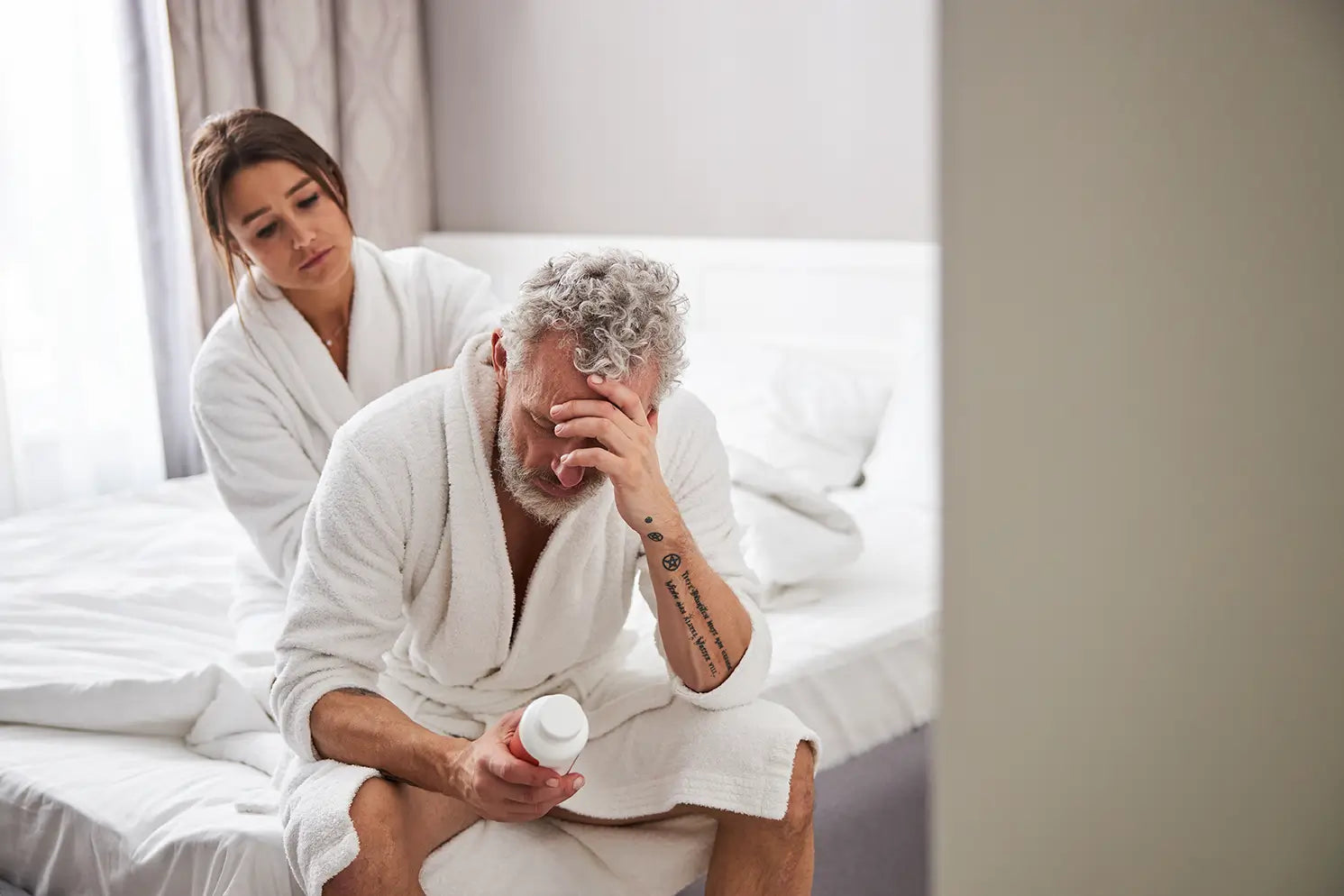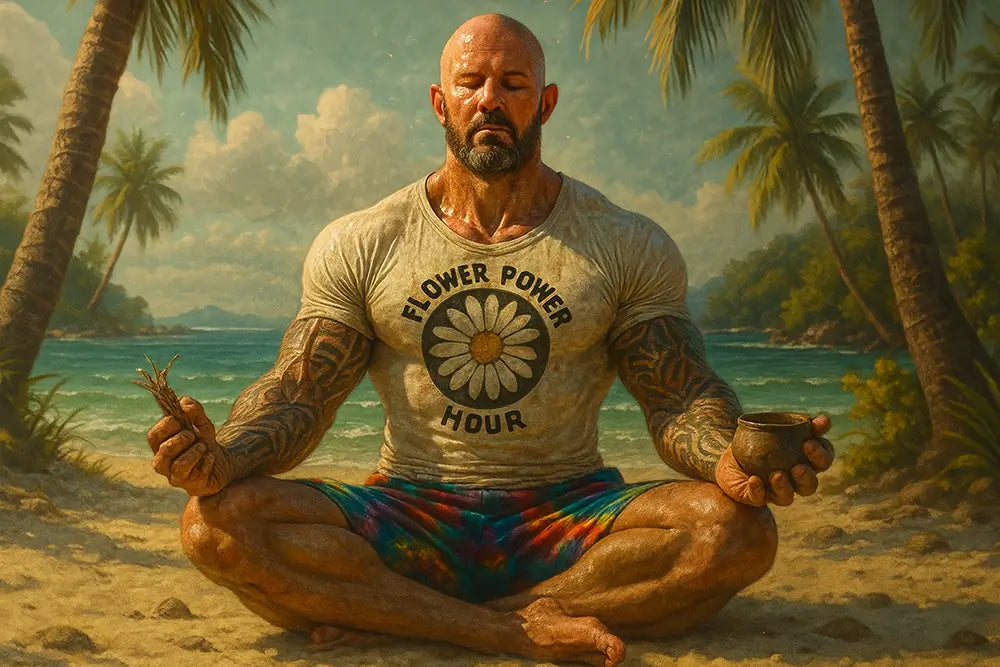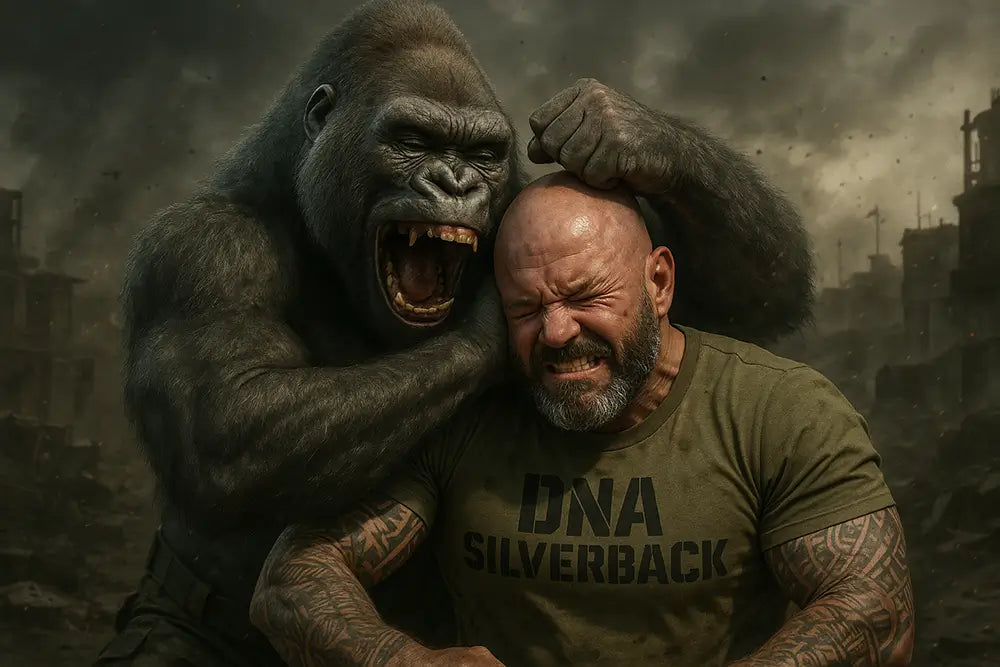Women have had a relationship with their hormones from a young age. From puberty to pregnancy, periods to menopause, polycystic ovaries to PMT, and everything in between, thankfully women are able to talk about and seek support for their hormonal challenges. Unfortunately, the same is not true for men. The truth is men mostly suffer in silence. It is because of the long standing and outdated notion. It is that somehow admitting to testosterone deficiency or hormonal related problems emasculates them.
Most of us are also lucky enough to have a sisterhood of fellow females. We can discuss our hormonal issues with them. We do not have a fear of judgment at all. Far from it – it often brings us closer together as we share similar trials and tribulations.
In 2024, it’s crazy to think that men aren’t confident to talk about the very thing that makes them men. It is testosterone.
The fact is that Low T / Testosterone Deficiency (TD) is an enormous issue impacting men of all ages globally. It’s estimated to be an issue for 1 in 4 men. Therefore, the chances are at some point your partner, friend, father, brother or other male in your life will be suffering with TD or Low T.
Due to lack of information about the symptoms it’s likely they either can’t recognise what’s going on. Else, they dismiss the signs and reluctantly put up with them. Imagine if women felt compelled to do this during peri menopause and onwards. For men who realise they have a problem, chances are, they won’t seek medical help until it becomes a serious issue.
None of these options are good for men’s health. It is also not healthy for their relationships with sexual difficulties and mood swings. It can often come with low testosterone levels tend to negatively impact both.
What To Look For When Analsing Testosterone Deficiency
As women, we accept that our hormones impact just about every aspect of our lives. From mood, to libido, to weight and energy levels, from our hair, skin to bones, our hormones impact how we look and feel on a daily basis.
It should come as no surprise that men’s hormones have the same impact on them. Yet they aren’t as in touch with theirs as we are with ours. Therefore, it’s our duty to help the men in our lives out by keeping a watchful eye on them.
Kim Kardashian credits herself with spotting the signs of TD in sister Courtney’s on/off partner Scott Disick. By taking Kim’s advice, the 37-year-old was diagnosed last year with Testosterone Deficiency which he is supporting naturally.
“Lately, I’ve just had no energy to do anything. I wake up and I’m just shot. I don’t have the drive to get up and run around with my girlfriend and my kids. I just don’t have the energy. I don’t know if I’m getting old or I’m just not in great shape, but I just want to see if there’s anything wrong with me.”
Sound familiar? Most men and women can relate to this.
We know how perimenopause is impacting women from their thirties onwards, and how the age-related hormonal decline creates symptoms. Testosterone deficiency in men is happening at much younger ages than our parent’s generation. When you discover that testosterone peaks at 19 it’s easy to understand how this is possible. When you add in increasingly negative lifestyles, you can see how this negative trend is spiralling out of control.
8 Signs and Symptoms to Look Out For:
Testosterone levels should remain healthy throughout the twenties with decline starting in the thirties. By 40, testosterone levels start declining significantly and often cause the following symptoms.
1) Loss of morning erections – The chances are he’ll notice this before you do but this is one of the first and most obvious signs of declining T levels.
2) Loss of Libido – Men describe losing the desire to have sex in the same way that many women do during menopause.
3) Low Mood – We know how important hormones are in our mood and decreasing T levels can significantly impact men’s mood. Many describe being irrationally annoyed or irritated.
4) Weight Gain – Hormonal imbalance can lead to weight gain and / or the ability to lose weight.
5) Loss of Muscle Mass – Because testosterone plays a role in building muscle, men with low T often notice a decrease in muscle mass.
6) Extreme Fatigue / Low Energy Levels – Many men report it which interferes with their usual routine.
7) Erectile Dysfunction – Whilst this often involves more than just low testosterone, lack of libido can cause a downward spiral where erections become an issue.
8) Hair Loss – Commonly stems from low levels of testosterone.
What You Can Do To Help
Communicate
Broach the subject sensitively. It may take time for your man to open up but be persistent – it usually pays off.
Encourage exercise
This helps with mood, weight, muscle mass and boosts T levels.
Remove or reduce alcohol
It depletes testosterone levels.
Take A Check On his T Levels
Nowadays, there’s some brilliant home testing kits which you can do in the privacy of your own home avoiding any uncomfortable GP visits
Don’t Internalise
Loss of interest in sex due to Low T rarely has anything to do with the men’s feelings towards their partner. However, as women, we often blame ourselves and mourn the loss of active sex lives. If you see your man initiating this, don’t misplace his lack of drive for lack of love or desire. He may simply just not have the energy he used to. Make sure you show empathy, talk about your feelings and be patient.
Balance Nutrient Deficiencies
These are really commonplace now and are the foundation of good health and happy hormones. Get levels checked (GPs will test Vitamin D, and B12 – home kits can do the rest) and rectify where necessary. We've all heard of the menopause when a woman's reproductive function starts to slow down. But, do men experience something similar?
The term 'male menopause' refers to the physical and emotional changes that some men experience as they get older. It's a surprisingly controversial topic and experts are divided on the subject. There are many who disagree on what it is, how it should be defined, and if it even exists.
But while debate rages on about what to call this life stage, if your man is in his late forties or older and he has experienced worrying symptoms including erectile dysfunction, a loss of sex drive, depression, or fatigue, it is worth getting checked out.
We’ve got your back
You can also try our evidence based range of supplements and testosterone boosters. Our products help men through each age and stage of testosterone decline.






Share:
TESTOSTERONE SUPPLEMENTS - What to look out for and what to avoid.
How to Spot Low Testosterone Symptoms in Men